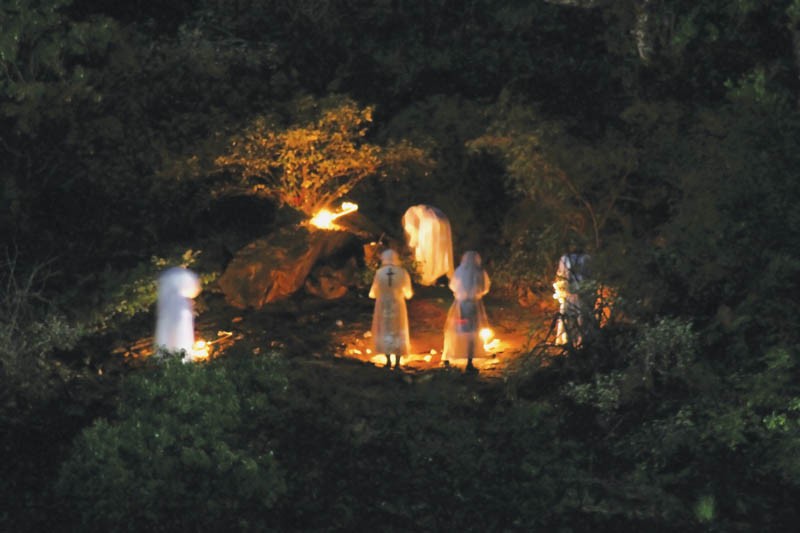Sixty churches operate illegally in Phikwe
Onalenna Kelebeile | Friday June 1, 2018 13:37


Out of the 60, only 19 are registered with the Registrar of Societies while the rest are not recognised by the law and the 60 churches operate from areas not designated for church use hence contravene the Town and Country Planning Act.
Some of the said churches do not even have names and the numbers confirm that there are more churches than required by the urban development standards.
The Department of Physical Planning Housing and Estate Management that conducted the survey recommended that such churches be evicted to enforce compliance with the law. Council also undertook to liaise with the Department of Lands for expedition of allocation of church plots in Selebi-Phikwe. Physical Planner, Samuel Aaron explained during a full council session that field surveys revealed that 31 churches operate in residential areas while 29 operate along open spaces and some have no record on registration.
He said such churches exist in the physical form of temporary structures, which are unappealing and compromise safety in the town. “In many instances the churches operate without adequate provision of public conveniences hence making the sites prone to environmental pollution,” he said.
The survey was undertaken to address concerns of mushrooming of churches around town that in turn cause environmental pollution to map a way forward by developing future plans that will guide council’s day-to-day operations.
Council observed that the town has become a regional centre as it attracts consumers from a number of settlements and the resultant increase of population is perceived to be putting pressure on the available resources particularly land.
This has resulted in the eruption of land issues such as illegal occupation of land. Aaron’s concerns about illegal occupation of land by churches includes noise pollution, land use conflict, change of character of the area, impact of the town aesthetics as well as criminal acts perpetrated by some churches on worshippers under religious deceptions and also vulnerability of worshippers to criminal and animal attacks as some worship in bushes and hill tops.
“The challenge is therefore how to fashion out a Development Control Code that addresses all these concerns without compromising flexibility and discretion on the part of planning authorities nor limiting the ability of the Code to offer choices and not being overly prescriptive,” he said. He noted that presently the legal form of physical planning and development control in the country falls under two categories.
These are preparation of the plans showing how land should be utilised and how physical developments should be carried out with the Town, and Country Planning Act serving as an apex legislation that provides legal backing and day-to-day controls of developments. Aaron said the survey undertook an in-depth assessment of the problem to determine the root cause and come up with possible solutions.
“It aimed at determining reasons why churches have resorted to squatting in open spaces and residential areas, determine the general provision of places of worship in terms of adequacy and to establish the churches’ background,” he added.
He said some of the said churches claim to have a membership of 150 people, which is the required membership size for registration of churches. He said they have also established that the churches are fully aware that it is against the law to occupy open space and operate from residential plots, but the churches have explained that it is due to the fact that they are unable to acquire land despite all efforts while some even tried in vain to rent or lease out available properties.
Churches also complained about the length of time for land allocation with 24 of them indicating that they approached the Department of Lands and council and were informed that the plots would be advertised and they have been waiting for such advertisements.
Churches believe that illegal occupation could be averted by allocating plots to churches considering availability of land. However, civic leaders warned that proper consultations be done prior to evictions so that council does not find itself on the sidelines of the law considering its land allocation processes and that the role of churches in moulding the society is also paramount.
